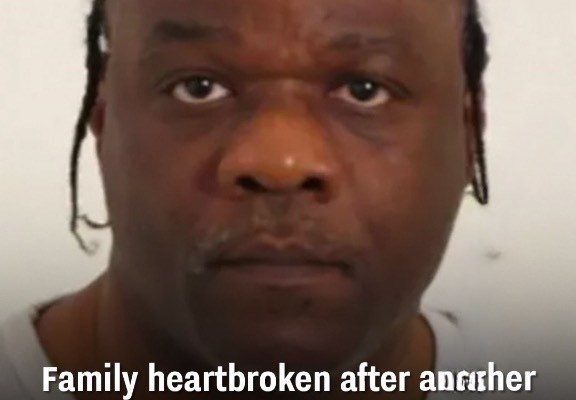Four Years After The Execution Of A Convicted Man, A Murder Weapon Was Revealed To Contain The DNA Of Another Person
Four years after Ledell Lee was executed for murder, the DNA of another person was discovered on the murder weapon, leaving his family devastated.
Lee was found guilty in 1995 of killing Debra Reese in 1993 after she was discovered dead after being “strangled and beaten” with a small wooden bat.
Although the verdict was upheld by the Arkansas Supreme Court in 1997, there have long been doubts about Lee’s guilt.
In a 2020 lawsuit, Reese’s family denied that his family spotted Lee close to the murder site, despite several of his neighbors telling detectives they did.

“No physical evidence directly tied Mr. Lee to the murder of Ms. Reese,” they stated.
In his final remarks to the BBC, Lee insisted on his innocence before being put to death on April 20, 2017.
“My dying words will always be, as it has been: I am an innocent man,” he stated.
Further doubts were raised about Lee’s guilt and final conviction in 2021, four years after a counsel for Lee’s family stated that another person’s DNA was discovered on the murder weapon.
Lee Short, who had been Lee’s attorney, told CNN: “I think if those results had been had before he was executed, he’d still be alive.”
The American Civil Liberties Union, the Innocence Project, and lawyers for Lee’s family commissioned the DNA test, which discovered the murder weapon had the DNA of an unidentified individual.
According to attorneys, the DNA on the weapon matched that on a bloodied white t-shirt that was wrapped around it, as reported by CNN.
Six hairs discovered at the crime scene and eventually shown during the trial that resulted in Lee’s sentencing were also subjected to DNA testing.
According to the report, after looking at five of the six hairs, testing ruled out Lee as a source.
Lee’s sister, Patricia Young, released the following statement via the Innocence Project following the findings: “We are glad there is new evidence in the national DNA database and remain hopeful that there will be further information uncovered in the future.”
She added: “We ask for privacy for our family in this difficult time.”
Although Lee’s lawyers attempted to obtain them throughout the appeals process, the DNA testing was completed subsequent to his conviction.
In the end, the attempt was rejected.
“The reasoning given by the judge was it wouldn’t matter, that there were three people who saw him at or near that neighborhood on that day and time and honestly the DNA just wouldn’t matter,” Short said.
Asa Hutchinson, the former governor of Arkansas, stated that the jury judged him guilty based on the information they had and that the evidence was “inconclusive.”





